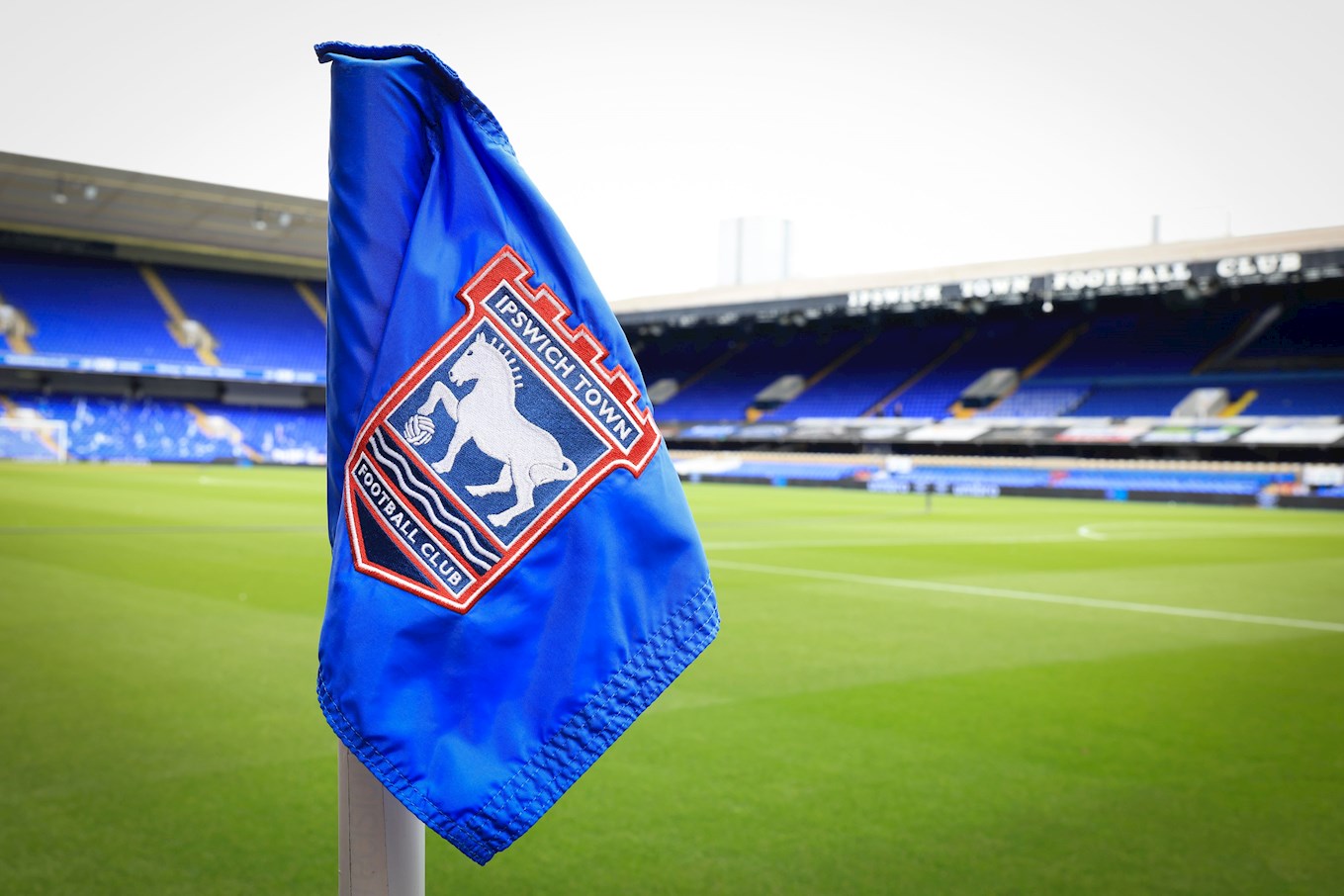
If Ipswich Town is promoted to the Premier League, they may break their transfer record this summer.
The team led by Kieran McKenna is vying for back-to-back promotions, and like other elite teams, they will be drawn in by the wealth that may be theirs if they succeed.
The Tractor Boys broke the club transfer record between 2000 and 2002, when they were playing in the top flight. Nothing has surpassed it since.
Here, we examine the record transactions and current status of Ipswich.
This list demonstrates how difficult it is for former players to give up football.

Hermann Hreidarsson
When Ipswich was promoted to the Premier League in 2000, their transfer fee record was shattered.
Left-back Hreidarsson left Wimbledon, where he was a physical presence in a team that the Premier League’s big boys would frequently find difficult to play against.
He played for Charlton Athletic and Portsmouth after three years at Portman Road, where he had his best years.
Harry Redknapp’s 2008 FA Cup winning team was undoubtedly his career high point.
Although Hreidarsson hasn’t stopped playing since retiring, the most of his managerial career has been devoted to his home country of Iceland.
He began his coaching career with ÍBV in a player-manager capacity; he went back there in 2021 and is currently manager.
Hreidarsson played alongside Sol Campbell at Portsmouth, and during his lone coaching position outside of Iceland in 2019–20, he assisted Campbell as Southend’s manager.
He expressed his wish to return to managing in England in a Sky Sports interview last year.
“This is my fourth season in Iceland, but I want to return to England and manage in the home country of football,” he stated. That’s my goal right now. After ten years of coaching, I believe I’m ready to move on to a position where I have in-depth knowledge of the game. I long for that feeling once more.”
Finidi George
Finidi George was one of the greatest African footballers of all time in his prime.
As a member of Ajax’s illustrious Champions League-winning team in 1994–1995 under Louis van Gaal, George was a strong winger with extraordinary ball handling skills.
After relocating from the Netherlands to Spain, he played briefly for Real Betis and Real Mallorca before signing a £3.1 million contract to join Ipswich in 2001.
When he performed in Suffolk between 2001 and 2003, it was evident that he was past his prime notwithstanding occasional moments of brilliance.
In his native Nigeria, where he earned 62 caps during his playing career, George is revered.
At the most recent AFCON, where Nigeria fell to hosts Ivory Coast in the championship match, he was a member of José Peseiro’s coaching staff.
Now that Portuguese manager Peseiro has resigned, George is expected to lead the Super Eagles in their next friendlies against Ghana and Mali, according to reports from Nigeria.
George, a legend on the continent, will most likely continue to coach in some capacity, regardless of who takes over as Nigeria’s new manager.
Marcus Stewart
During Marcus Stewart’s tenure at Ipswich, the team participated in the Premier League for two years, from 2000 to 2002.
In 2000, Ipswich paid Huddersfield Town £2.75 million, then a club record, for his services.
He was an absolute steal in his first season. Ipswich finished fifth in the Premier League under Stewart’s leadership.
After Jimmy Floyd Hasselbaink, the Ipswich striker finished as the league’s second-highest scorer with 19 goals.
After Ipswich was demoted in 2002, Stewart quit the team.
After retiring in 2011, he worked as Exeter City’s first-team coach before going on to work as Darrell Clarke’s assistant manager at Bristol Rovers and Walsall.
Stewart has been employed by Yeovil Town as Head of Player Development for nearly the past two years.
Grant Leadbitter
It’s safe to assume that Grant Leadbitter enjoys playing football after an 18-year career that saw him make over 500 matches.
Leadbitter played with Sunderland until 2009 after graduating, and the Tractor Boys were fortunate to acquire him for £2.6 million.
Sadly for Ipswich, Middlesbrough signed him in 2012, and he led the team when they were promoted to the Premier League in 2015–16.
Leadbitter spent the final two years of his playing career back in Sunderland.
After retiring, he entered the coaching field and has been employed by Boro as their individual development coach since October 2022, when Michael Carrick assumed the position at the Riverside.

Leave a Reply